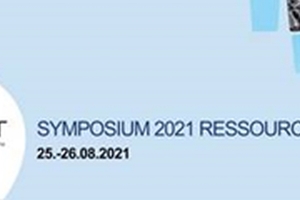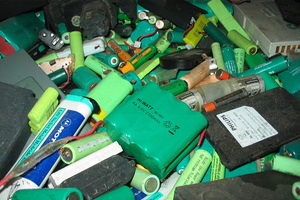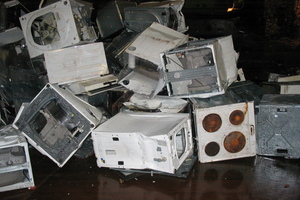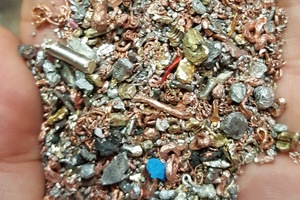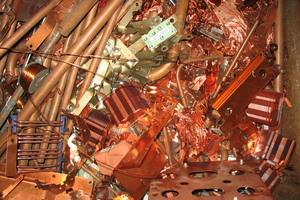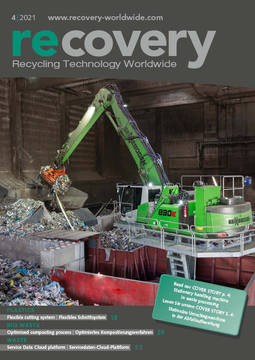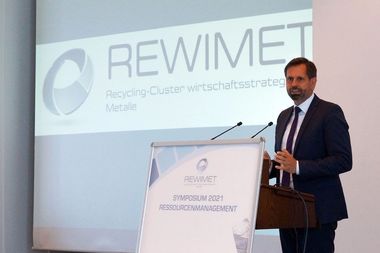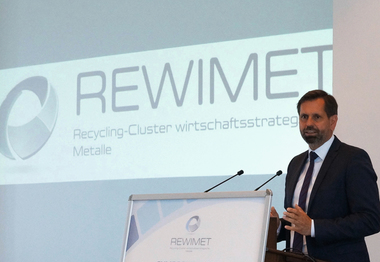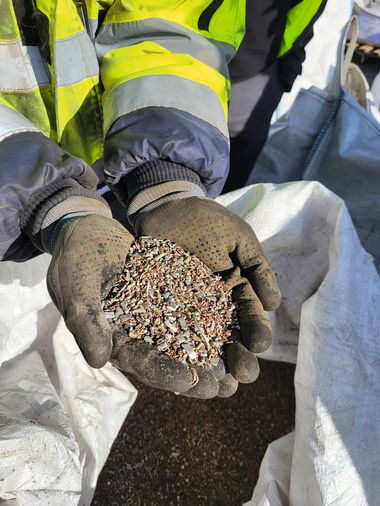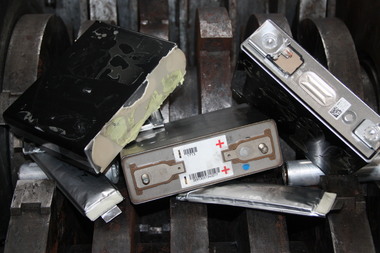10 years REWIMET – Symposium on resource management on August 25 and 26, 2021
This year‘s REWIMET Symposium is an anniversary event planned in attendance form in Clausthal-Zellerfeld. It will begin with a welcoming address by the Lower Saxony Minister for the Environment, Energy, Building and Climate Protection, Mr. Olaf Lies. The thematic focus of the technical presentations will be the recycling of gypsum, metals and batteries.
Gypsum recycling is an urgent task resulting from the energy turnaround. If the gypsum raw material from the desulfurization of coal-fired power plants is lost, the gypsum industry will be missing about 50 % of its raw material base. However, the mining of natural gypsum deposits affects sensitive ecosystems in gypsum karst areas. A conflict of objectives between raw material extraction and nature conservation? Possible solutions will be discussed intensively at the symposium.
The recovery of metals requires individually adapted strategies. Long-lived and large-scale metal wastes – e.g. in buildings – have to be recovered and treated differently than finely dispersed metals in electronic products or mining residues. The use of digital tools helps with inventory determination, optimization of separation and sorting, scrap disposition, and even sampling and process control in metallurgy.
Li-ion battery recycling will be slow to take off, as the large volumes of traction batteries in electric vehicles will last for many years. After the first use in the vehicle, there is even a second use, which extends the service life. Nevertheless, the metals contained are very valuable and worth recovering when nothing else works. In the planned battery regulation, the EU will stipulate not only recovery quotas but even reuse quotas for metals in new batteries. Other areas of concern arise from the changing material compositions of batteries and the production waste from the cell factories that will begin operations in the coming years.
The symposium is organized by REWIMET e.V. (Recycling Cluster of Economically Strategic Metals). The network of companies, scientifically working institutions and local authorities has been in existence since 2011. REWIMET promotes science and research for the development of new recycling strategies and processes up to industrial implementation. The association supports the goals of the EU‘s Green Deal and the German government‘s Raw Materials Strategy 2020 for climate and environmental protection. Promotion of young scientists as well as interdisciplinary cooperation are indispensable as supporting measures. The members employ approx. 46 000 people and turn over approx. 9.5 billion € annually.

